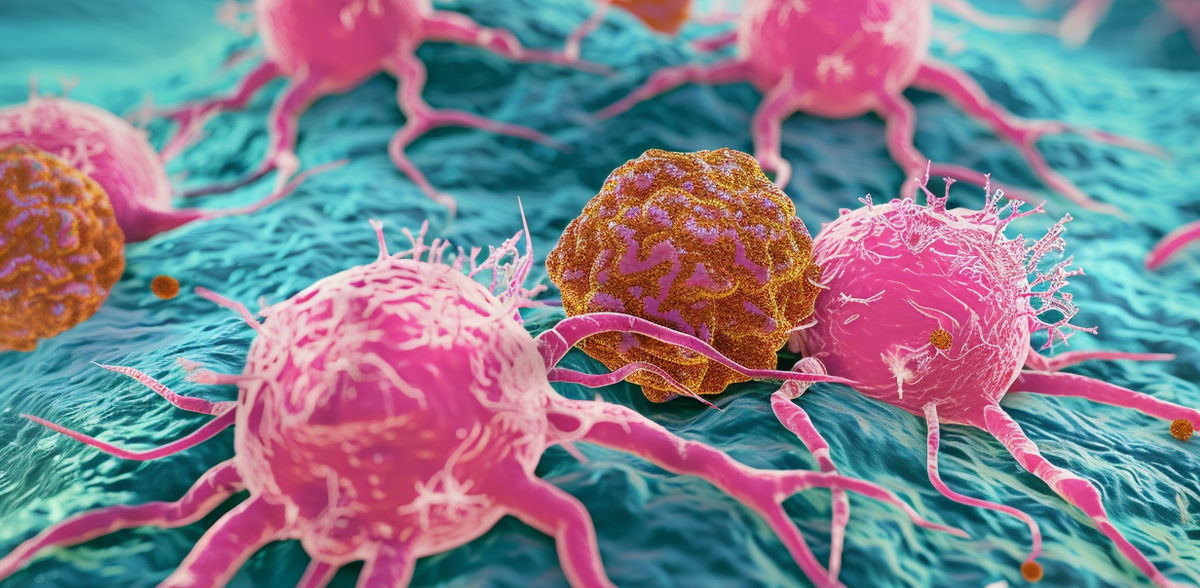Hijacking: tumour cells reprogramme the immune system
New approaches to cancer therapy investigated
Advertisement
Despite modern immunotherapies and existing drugs, lung cancer patients often develop resistance to treatment. To close this gap, an international team including Thekla Cordes, professor for cell metabolism at Technische Universität Braunschweig at the Braunschweig Centre for Systems Biology (BRICS) and the Helmholtz Centre for Infection Research (HZI), as well as researchers from the Salk Institute for Biological Studies (USA) and Yale University School (USA), investigated potential targets for cancer therapies.
The interdisciplinary team discovered that lung adenocarcinoma uses a sophisticated mechanism to promote the growth of cancer cells. It uses immune cells in the lung tissue and makes them work for it. Normally, these immune cells, called macrophages, are responsible for eliminating pathogens during infections. However, these macrophages are manipulated and reprogrammed by the cancer cells to act as a fuel source for the cancer cells. This fuel consists mainly of lipids, which are necessary for cancer cell growth.
Thekla Cordes, one of the researchers involved, used mass spectrometry and tracing experiments to show how the metabolism of alveolar macrophages is affected in lung cancer and emphasises the importance of this discovery: “The team has discovered an innovative approach by which lung cancer cells actively manipulate their local environment and the metabolism of immune cells. As a result, the cancer cells stimulate their own growth. The tumour cells use these selfish hijacking mechanisms, which we might be able to influence in the future with effective cancer therapies.” However, Professor Thekla Cordes warns against exaggerated expectations. “The path from an effective mechanism to a therapy or a drug is very long. Many more studies are needed. It can be assumed that such development processes will take several years and it is not possible to say if and when a therapy or a drug will be approved and available on the market”.
Original publication
Kuhlmann-Hogan, A., Cordes, T., Xu, Z., Kuna, R. S., Traina, K. A., Robles-Oteíza, C., Ayeni D, Kwong EM, Levy S, Globig AM, Nobari MM, Cheng GZ, Leibel SL, Homer RJ, Shaw RJ, Metallo CM, Politi K, Kaech, S. M. (2024). EGFR-Driven Lung Adenocarcinomas Co-opt Alveolar Macrophage Metabolism and Function to Support EGFR Signaling and Growth. Cancer discovery, OF1-OF22.

























































